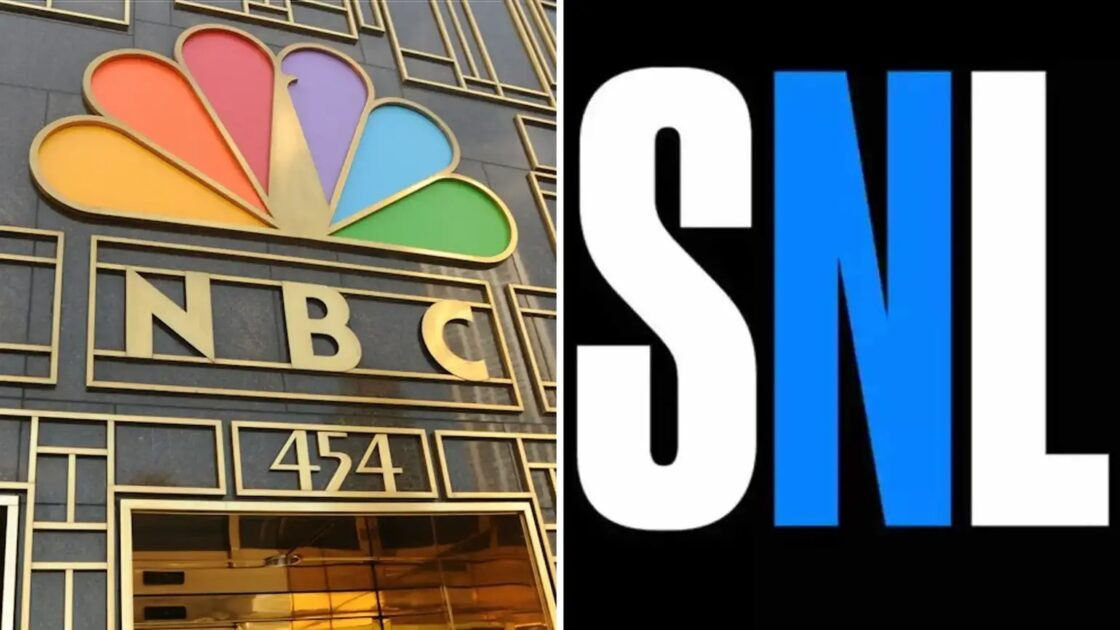Some of most important history events
The Fall of the Berlin Wall: A Turning Point in Modern History
In the annals of history, few events have had as profound and wide-reaching an impact as the fall of the Berlin Wall. This momentous event, which occurred on November 9, 1989, not only marked the reunification of Germany but also symbolized the end of the Cold War, reshaping the geopolitical landscape of the 20th century and heralding a new era of global relations.
The Construction of the Wall
To fully grasp the significance of the Berlin Wall's fall, one must understand its origins. In the aftermath of World War II, Germany was divided into four occupation zones controlled by the United States, the United Kingdom, France, and the Soviet Union. Berlin, although situated within the Soviet sector, was similarly divided among the four powers. Tensions between the Soviet Union and the Western Allies soon escalated into the Cold War, a period characterized by ideological conflict and political rivalry. On August 13, 1961, the East German government, backed by the Soviet Union, erected the Berlin Wall to prevent East Germans from fleeing to the West. The Wall, stretching approximately 155 kilometers (96 miles), became a stark symbol of the Iron Curtain that separated Eastern and Western Europe.
Life Divided by the Wall
For nearly three decades, the Berlin Wall stood as a physical and ideological barrier. Families were torn apart, and lives were drastically altered. The Wall was fortified with guard towers, barbed wire, and a "death strip" where escapees were often shot on sight. Despite the dangers, many East Germans attempted daring escapes, some successful, many tragically not. Life in East Berlin and East Germany under the communist regime was marked by limited freedoms, economic hardship, and pervasive surveillance by the Stasi, the secret police. Conversely, West Berlin thrived as a beacon of democracy and prosperity, starkly contrasting the grim realities of life on the other side of the Wall.
Winds of Change
By the late 1980s, the Soviet Union, under the leadership of Mikhail Gorbachev, began implementing policies of glasnost (openness) and perestroika (restructuring), aiming to modernize the Soviet system and reduce Cold War tensions. These reforms had a ripple effect throughout the Eastern Bloc, inspiring movements for political change and greater freedom. In East Germany, growing public unrest and a wave of protests demanded democratic reforms and the right to travel freely. On November 9, 1989, faced with mounting pressure, the East German government announced that citizens could cross the border freely. Miscommunication and confusion led to thousands of East Berliners rushing to the Wall, where border guards, overwhelmed and unsure how to respond, ultimately opened the gates.
The Fall of the Wall
That night, jubilant crowds from both East and West Berlin gathered at the Wall, celebrating and tearing down sections of the barrier with hammers and chisels. The images of ecstatic Berliners dancing on the Wall and embracing one another were broadcast worldwide, becoming iconic symbols of freedom and unity. The fall of the Berlin Wall marked the beginning of the end for the Eastern Bloc. Within a year, Germany was officially reunified on October 3, 1990. The collapse of communist regimes across Eastern Europe soon followed, culminating in the dissolution of the Soviet Union in 1991.
A New World Order
The fall of the Berlin Wall not only signaled the end of a divided Germany but also the conclusion of the Cold War. It paved the way for the expansion of the European Union and NATO, bringing former Eastern Bloc countries into the fold of democratic governance and market economies.

